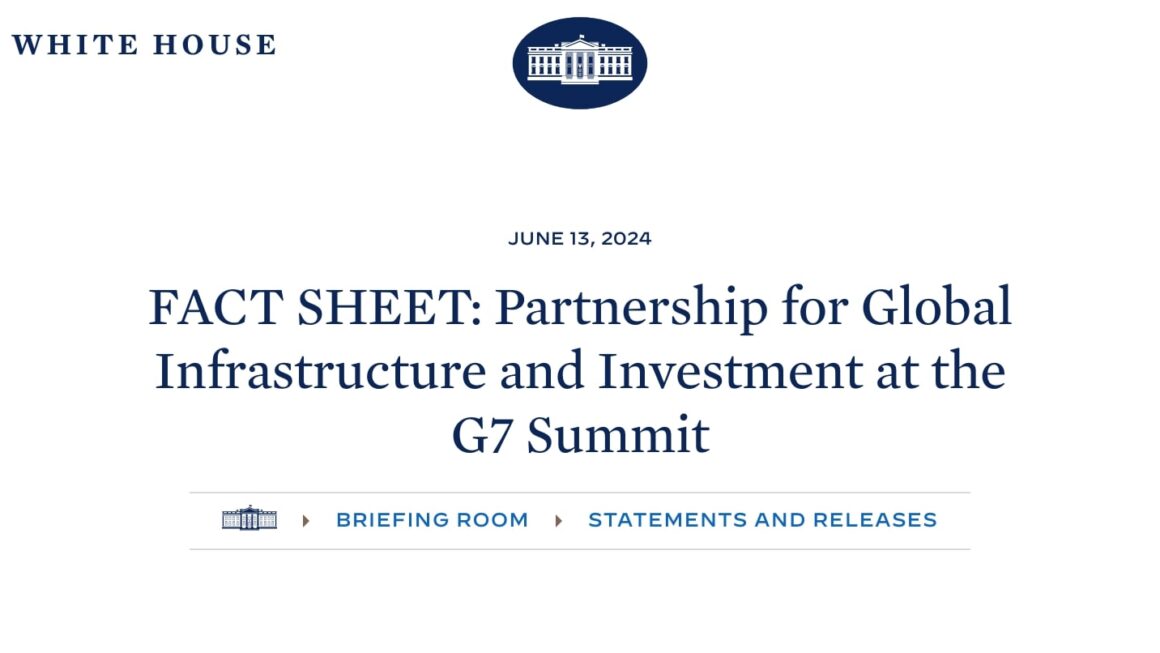Introduction
In a significant move that has reverberated across financial markets and geopolitical circles, China recently made headlines by dumping $481.3 billion worth of U.S. bonds. This strategic decision signals a shift in China’s economic and political calculus, reflecting its evolving role as a global economic powerhouse and its desire to diversify its foreign reserves. The move holds implications not only for China’s economic landscape but also for the United States financial stability and global influence.
China’s Accumulated Holdings
For years, China has been a prominent holder of U.S. government bonds, using them as a means to invest its burgeoning trade surplus and manage its massive foreign exchange reserves. The U.S. bond market, known for its size, liquidity, and relative safety, has been a favored destination for China’s excess funds. At its peak, China held over $1.3 trillion worth of U.S. Treasury securities, making it the largest foreign creditor to the U.S. government.
The Shift and Its Motivations
China’s recent decision to unload a substantial portion of its U.S. bond holdings is indicative of a strategic pivot in its economic approach. There are several key motivations behind this move:
- Diversification of Reserves: China’s leadership recognizes the risks associated with overreliance on a single asset class. By divesting from U.S. bonds, China aims to reduce its exposure to potential U.S. monetary policy shifts, interest rate fluctuations, and market volatility.
- Geopolitical Considerations: The move can be seen as a response to heightened U.S.-China tensions, particularly on trade and technology fronts. As diplomatic relations have become more strained, China may view its large U.S. bond holdings as a vulnerability that could be leveraged against it.
- Investment Opportunities: China’s decision may reflect its interest in seeking higher returns elsewhere. As its economy continues to mature and its domestic financial markets develop, China may be exploring new avenues for investment that offer greater potential for growth.
- Renminbi Internationalization: Unloading U.S. bonds aligns with China’s broader efforts to promote the international use of its currency, the renminbi (RMB). By diversifying its reserves away from U.S. assets, China can strengthen the global standing of its own currency.
Global Implications
The repercussions of China’s massive bond sale are multifaceted:
- U.S. Financial Markets: The sudden offloading of U.S. bonds by China could lead to increased volatility in the U.S. Treasury market, affecting interest rates and overall market stability. However, the impact may be cushioned by the involvement of other investors and central banks.
- Dollar Depreciation: If China continues to divest from U.S. assets, it could potentially weaken the demand for the U.S. dollar, impacting its value in global markets.
- Global Debt Markets: China’s decision could prompt other countries to reconsider their own exposure to U.S. debt, potentially leading to a broader shift in global debt market dynamics.
- Geopolitical Dynamics: The move underscores China’s willingness to use its economic power for geopolitical ends, potentially reshaping the dynamics of international relations.
Conclusion
China’s decision to dump $481.3 billion in U.S. bonds marks a significant turning point in its financial strategy. As China’s role in the global economy continues to evolve, its actions will undoubtedly have far-reaching consequences. The move serves as a reminder that economic decisions are increasingly intertwined with geopolitical considerations, and it challenges the established norms of global finance. As both China and the U.S. navigate this complex landscape, the implications for their economies, as well as for the broader world order, remain to be seen.














